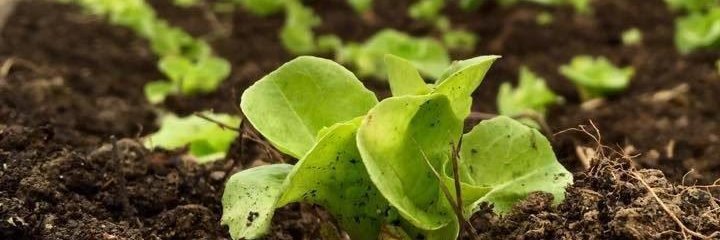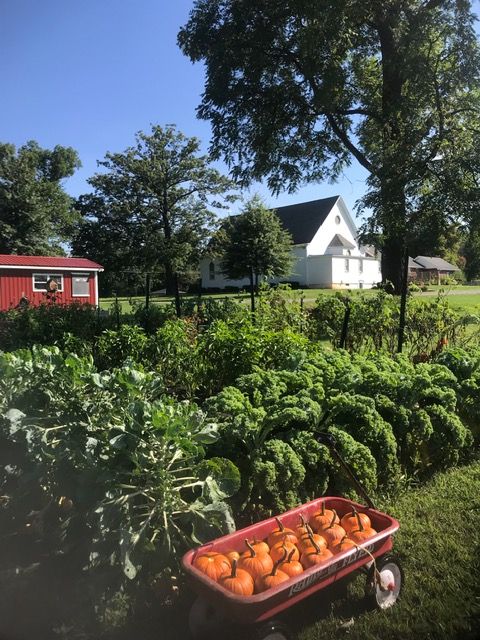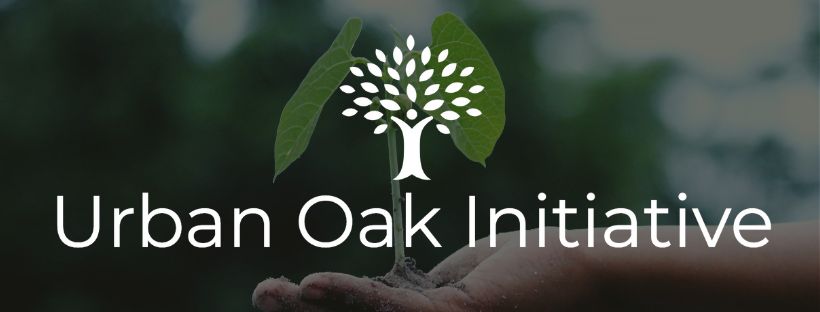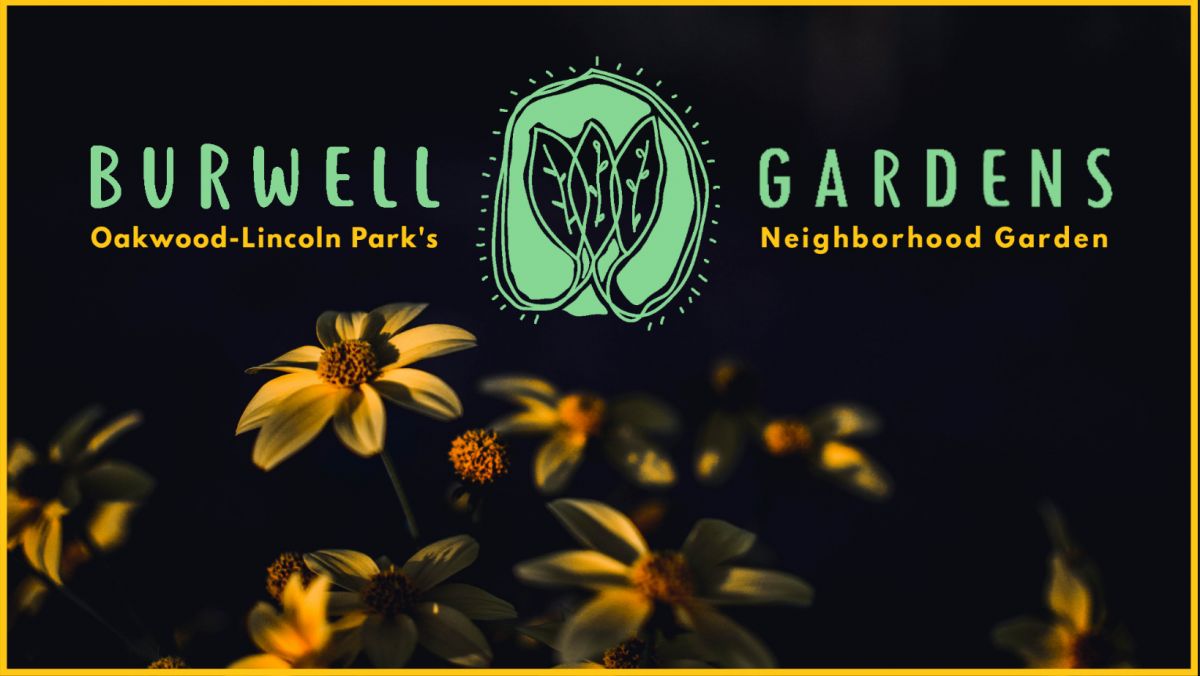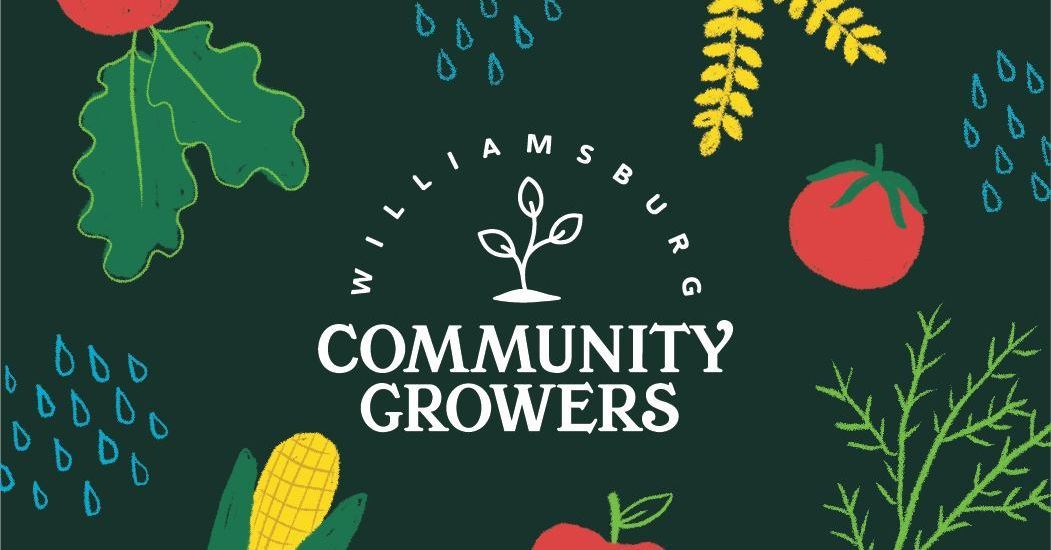Similar organisations to Growing Appalachia Inc
Appalachian Sustainable Development -ASD
Building a thriving regional food and ag system that creates healthy communities, respects the planet and cultivates profitable opportunities for Appalachians Living Better.
581
Duffield
-
Garden Club, Horticultural Programs
-
182.
Rooted Growing Branching Out
The mission is to plant and grow organic vegetables in New Sewickley, PA area for consumption and sha Garden Hibernating for Winter Whats The Buzz.
309
Zelienople
URBAN OAK INITIATIVE INC
The Urban Oak Initiative is a 501(c)(3) nonprofit organization that fights obesity, diabetes, and other chronic illnesses through innovative, kid-friendly programs.
45
Atlanta
-
Community Improvement, Capacity Building N.E.C.
-
184.
Healthy Acres Healthy Communities Foundation
HEALTHY ACRES HEALTHY COMMUNITIES FOUNDATION SUPPORTS THE PROGRAMS OF THE MISSOULA COUNTY DEPARTMENT OF ECOLOGY AND EXTENSION.
Missoula
-
Botanical, Horticultural, and Landscape Services
-
185.
Cultivate Wholeness
Burwell Gardens: a neighborhood garden started to help cultivate wholeness by growing food & relation cultivating wholeness by growing food and relationships Home Donate Who We Are What We Do Quote Instagram Contact More cultivatewholeness.
712
Knoxville
-
Agricultural Programs
-
186.
Williamsburg Community Growers
Non-profit 501(c)(3) organization with the vision to grow Williamsburg's healthy community food ecosystem.
1220
LIGHTFOOT
-
International Agricultural Development
-
187.
Global Seed Initiative
Global Seed Initiative Farming Join us in our regenerative farming initiative to revitalize local agriculture in African by embracing sustainable soilenriching practices that draw from both tradition and innovation.
St Louis
-
Youth Development Programs
-
188.
Childrens Farms of America dba Childrens Farms in Action
Children's Farms of America is: Dedicated to helping communities establish urban farms for city kids.
457
Denver
-
Agricultural Programs
-
189.
EDIBLE PRAIRIE PROJECT
Our Mission: Bridging the food insecurity gap through sustainable food production, equitable distribution and cultivating community connections.
1979
GILLETTE
